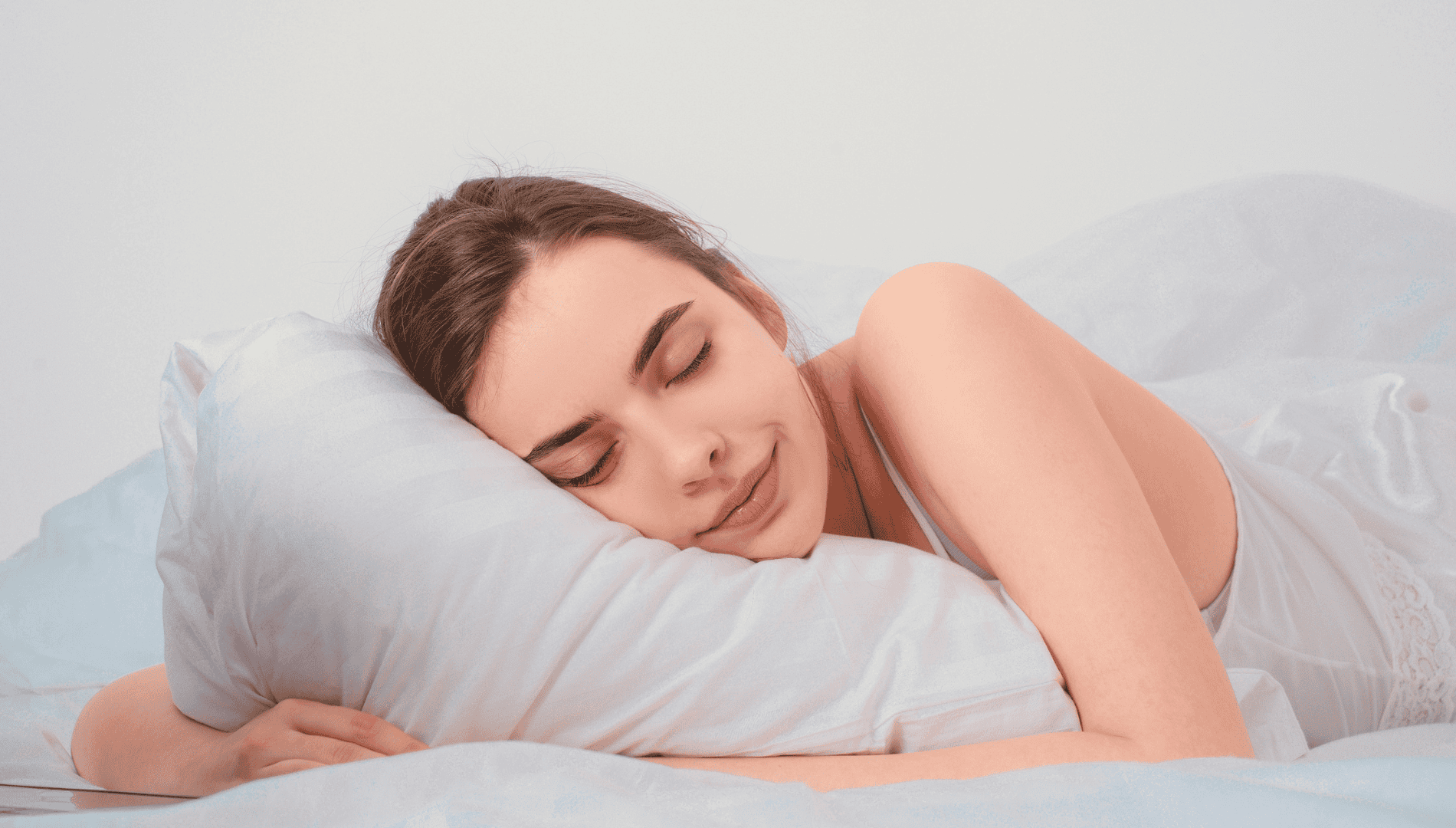
- Common Fears About Hearing Tests - May 28, 2025
- Best Hearing Aids for Active Lifestyles - May 16, 2025
- A Guide to Different Hearing Aid Styles - May 6, 2025
When we think about keeping our ears healthy, we often think about avoiding loud noises and getting hearing tests. But good sleep is also just as important for our ears. Sleep isn’t just for rest—it’s when our body heals itself, including our ears. Good rest can help stop hearing loss and keep our hearing in good shape. This shows how closely connected sleep and hearing health truly are, even though we don’t usually think about them together.
How Sleep Helps Our Ears
Cellular Repair
While we sleep, our bodies repair themselves. Different parts of sleep help fix cells and get rid of toxins. This is very important for our ears. Our ears deal with all kinds of sounds and stress during the day. At night, sleep helps fix any damage.
Blood Flow and Detoxification
Sleep stages, especially deep sleep and REM sleep, significantly improve blood flow. Healthy blood flow ensures that the tiny hair cells in the inner ear get the nutrients they need. These cells are vital for converting sound waves into electrical signals our brains can understand. Also, during sleep, our brain and body work to remove toxins that build up, including those that can harm our ears.
Immune System Support
Studies show that people who get good sleep are less likely to have hearing loss. Sleep helps our immune system, cuts down inflammation, and keeps our ears working well. When our immune system is strong, it can better fight off ear infections and other issues that could damage hearing.
Without enough sleep, our bodies can’t fix cells as well, which can lead to health problems, including hearing issues. Chronic sleep deprivation can weaken the immune system, making us more prone to illnesses that can affect our hearing.
What Sleep Deprivation Does to Hearing
Stress and Hormonal Impact
Not getting enough sleep can harm our hearing. Lack of sleep stresses our bodies, raising stress hormones like cortisol and adrenaline. These hormones can increase blood pressure and reduce blood flow to the inner ear, which is useful for hearing.
Reduced Circulation and Earwax Build-up
Also, not enough sleep can lead to poor circulation and more earwax. Poor blood flow can hurt the tiny parts of our inner ears, and too much earwax can block sound. Both make it hard to hear properly. Reduced circulation means your auditory system isn’t getting enough nutrients and oxygen, which can lead to longer-term damage.
Mental and Cognitive Effects
Poor sleep can also affect our mental and cognitive functions. Lack of sleep can lead to poor decision-making and affect our ability to process auditory information. When tired, our brain struggles to understand sounds properly, making it hard to focus on conversations or pick up on subtle noises. Over time, this can strain our auditory system.
Tips for Better Sleep for Healthy Ears
- Maintain a Sleep Schedule: Go to bed and wake up at the same time every day. This helps your body get into a rhythm. Consistency can help regulate your internal clock, making it easier to fall asleep and wake up.
- Relax Before Bed: Do calming things before bed, like reading or bathing. Avoid screens an hour before bedtime since they can disrupt sleep. Activities like journaling or meditating can also prepare your mind for restful sleep.
- Improve Your Bedroom: Make your bedroom good for sleep. Keep it dark, quiet, and cool. Use a comfy mattress and pillows, and try blackout curtains or white noise if you need them. A comfortable, peaceful environment can make a big difference in sleep quality.
- Watch What You Eat and Drink: Avoid big meals, caffeine, and alcohol before bed. They can mess up your sleep. If you’re hungry, have a light snack. Hydration is also important—just don’t drink too much water right before bed to avoid waking up during the night.
- Exercise Regularly: Exercise helps you fall asleep faster and sleep better. Just don’t work out too close to bedtime. Aim for at least 30 minutes of physical activity a day. Even a brisk walk can help!
- Manage Stress: Meditating, deep breathing, or yoga can lower stress and help you sleep better. Less stress is good for sleep and hearing. Techniques like progressive muscle relaxation can also be beneficial.
The Importance of Sleep Hygiene
Maintain Consistent Sleep Patterns
Consistency isn’t just about falling asleep quicker. It’s also about getting deeper, more restorative sleep. Your body’s internal clock, or your circadian rhythm, thrives on regularity. When you stick to a schedule, your body learns to expect sleep at certain times, improving the quality and depth of your sleep.
Limit Blue Light Exposure
Screens emit blue light, which can trick your brain into thinking it’s daytime. This can disrupt your sleep-wake cycle. If you must use screens before bed, consider blue light filters or screen protector glasses designed to block out blue light.
Conclusion
Quality sleep is vital for keeping our ears healthy. It’s a time when our bodies have a chance to repair and protect the delicate parts of our ears. By following simple sleep tips and committing to regular hearing tests, we can better protect our hearing health. Ensuring good sleep and periodic hearing evaluations are practical steps toward maintaining overall well-being and ensuring our ears remain in top condition.
